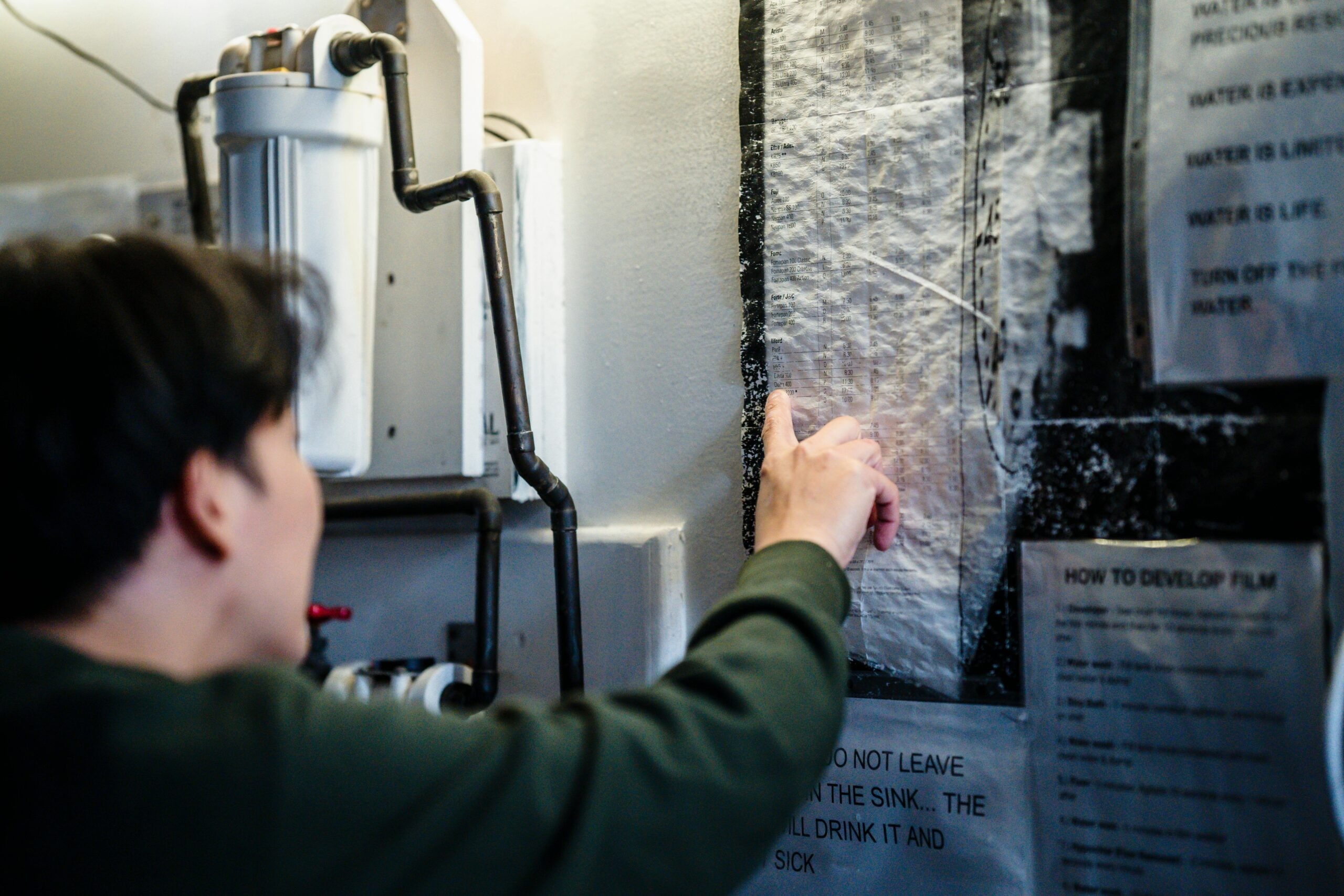Water heater installation is a fundamental aspect of residential plumbing that ensures consistent access to hot water for daily use. Understanding the basics of water heater installation and safety is essential for compliance with New Jersey plumbing codes and for maintaining system efficiency and longevity. This knowledge supports proper installation procedures, reduces risks, and upholds plumbing safety standards.
- Proper water heater installation requires adherence to local plumbing codes and manufacturer guidelines specific to New Jersey plumbing regulations.
- Safety considerations during installation include correct venting, pressure relief valve installation, and secure mounting to prevent accidents and damage.
- Residential water heaters must be installed with attention to electrical or gas connections to prevent leaks, electrical hazards, and ensure efficient operation.
- Regular inspection and maintenance complement installation procedures to preserve system safety and performance over time.
- Professional installation by qualified plumbers is recommended to meet plumbing safety standards and avoid potential hazards.
The Basics of Water Heater Installation and Safety
Water heater installation is an integral process in residential and commercial plumbing that involves fitting a new water heating system suitable for domestic use. It is critical due to its impact on plumbing safety, energy efficiency, and the overall reliability of hot water supply systems. This article outlines the essentials involved in water heater installation procedures, highlighting regulatory compliance requirements and safety best practices relevant to New Jersey plumbing.
Why Water Heater Installation Matters
The installation of water heaters influences household comfort, water usage efficiency, and building safety. Proper installation prevents leaks, fire hazards, and water damage, which can arise from faulty connections or poor system design. It matters significantly for homes in New Jersey, where plumbing codes specify installation standards to protect residents and property. Additionally, the choice between different types of residential water heaters—such as tankless, conventional tank, or solar-powered units—affects installation methods and safety precautions.
Installation timing is crucial during new home construction, remodeling projects, or replacement of old systems. Homeowners and facility managers require clear understanding of installation procedures to evaluate contractor work and to ensure plumbing safety. Licensed professionals typically perform installation, but familiarity with core concepts benefits all stakeholders.
Water Heater Installation and Safety
Installation Procedures
Water heater installation begins with selecting the appropriate unit for the household size and heating requirements. Residential water heaters are available in various capacities and energy sources—including electric, natural gas, propane, and solar—that dictate specific installation steps. A detailed overview of standard installation procedures includes:
- Location Selection: Choosing an accessible and well-ventilated area compliant with New Jersey plumbing codes.
- Mounting and Positioning: Securing the water heater on a stable surface or wall bracket to prevent movement and facilitate maintenance.
- Connecting Water Lines: Attaching cold water supply and hot water output lines using appropriate fittings and materials to reduce leak risks.
- Installing Temperature and Pressure Relief Valve: Integrating this critical safety feature to prevent excessive pressure buildup and avoid tank rupture.
- Hooking up Power Source: Establishing safe connections to gas pipelines or electrical circuits according to manufacturer instructions and electrical codes.
- Venting Exhaust Gases: For gas water heaters, installing vent pipes to safely expel combustion gases outside the building, maintaining indoor air quality and reducing fire risks.
- Testing and Inspection: Performing leak tests, system checks, and final inspection under New Jersey plumbing and building codes to certify safety and functionality.
Plumbing Safety Considerations
Plumbing safety is paramount during installation to protect occupants and property from hazards. Key safety considerations include:
- Pressure Relief Device: Installation of the temperature and pressure relief valve (TPR valve) is a mandatory safety requirement to relieve pressure if the tank overheats or overpressurizes.
- Proper Electrical Wiring: Water heaters powered by electricity must have dedicated circuits with appropriate breakers and grounding to eliminate electrical hazards.
- Gas Leak Prevention: For gas models, ensuring airtight connections and adherence to venting standards prevents hazardous gas leaks and carbon monoxide buildup.
- Seismic Strapping: In earthquake-prone areas of New Jersey, securing water heaters with seismic straps reduces the risk of damage or injury during seismic events.
- Clearance and Access: Providing adequate space around water heaters ensures safe operation and convenient maintenance.
- Water Quality Measures: Utilizing corrosion-resistant piping materials and maintaining water chemistry protects the unit from premature failure.
Regulatory and Code Compliance
New Jersey plumbing codes and the Uniform Construction Code (UCC) govern the installation specifics of water heaters. These regulations dictate:
- Minimum and maximum installation heights and distances from combustible materials.
- Approved materials and fittings for plumbing connections.
- Mandatory installation of TPR valves with proper discharge piping extending to safe locations.
- Venting requirements for gas appliances including clearances from windows and openings.
- Electrical installation standards following the National Electrical Code (NEC).
- Inspection and permitting processes administered by local building departments.
Adherence to these codes ensures legal compliance, enhances safety, and can impact insurance coverage in case of damage or injury due to faulty installations.
Common Types of Residential Water Heaters
Different types of residential water heaters demand specialized installation techniques:
- Storage Tank Water Heaters: Traditional units that store heated water in a tank, requiring insulation, pressure relief valves, and drainage setup.
- Tankless (On-Demand) Water Heaters: Units that heat water instantaneously, often requiring upgraded electrical service or gas line capacity, and careful venting.
- Heat Pump Water Heaters: Energy-efficient devices that extract heat from surrounding air, needing adequate space and electrical considerations.
- Solar Water Heaters: Systems using solar collectors with storage tanks, involving additional plumbing for fluid circulation and freeze protection.
Risks and Maintenance After Installation
Improper installation of water heaters poses several risks including leaks, flooding, fire hazards, and exposure to toxic gases. Long-term maintenance programs are essential to preserve plumbing safety and maximize the lifespan of residential water heaters. Regular inspection can detect corrosion, sediment buildup, and malfunctioning TPR valves, mitigating risks before they escalate.
Utilizing licensed New Jersey plumbing professionals ensures that both installation procedures and subsequent maintenance conform to safety standards, potentially reducing emergency plumbing needs and costly repairs.
Summary
Water heater installation and safety involve a systematic approach governed by technical procedures, safety standards, and regulatory compliance specific to New Jersey plumbing practices. Proper selection, installation, and maintenance of residential water heaters contribute to efficient operation, prevent hazards, and comply with plumbing codes. The integration of safety devices, professional expertise, and adherence to guidelines safeguards households and buildings.
For further information on professional water heater installation services and detailed plumbing safety protocols in New Jersey, visit Jersey Plumbing’s water heater installation page.


Recent Comments